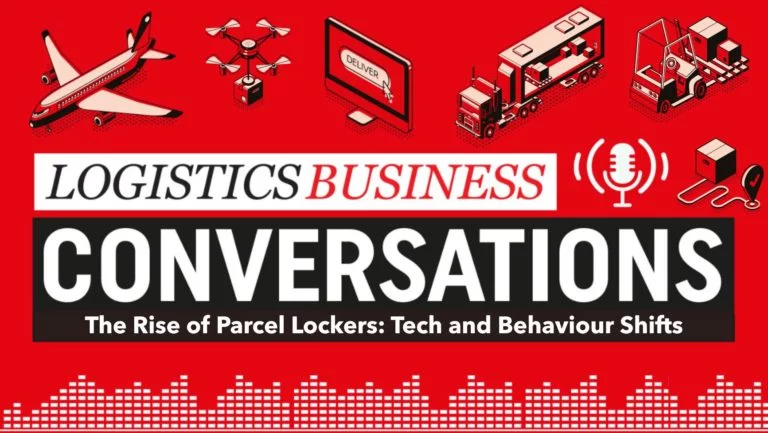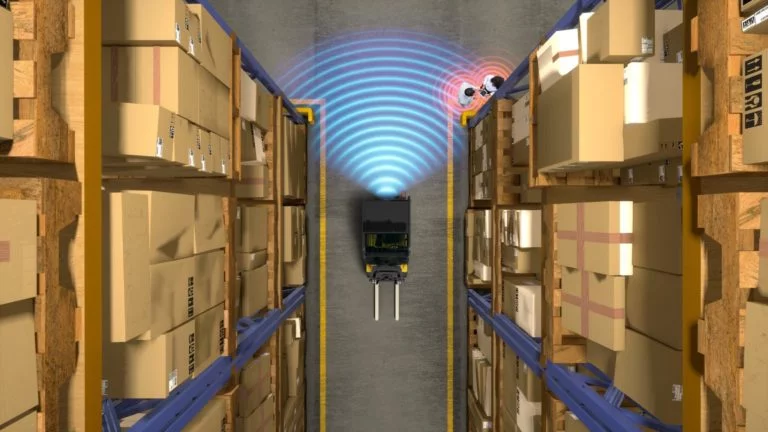St. Modwen Logistics, one of the UK’s leading industrial and logistics developers and managers, has leased an additional 76,000 sq ft of logistics space at St. Modwen Park Newport, Gwent in Wales as an increasing number of businesses seek to capitalise on its strong location for distribution and manufacturing.
Solus, the Aviva-owned accident repair group, has leased a 24,000 sq ft unit to be used as a centre for paint repair work, whilst a separate 52,500 sq ft unit at the park has also been let to an unnamed ecommerce business.
The units, which form part of the c.345,000 sq ft of space delivered at St. Modwen Park Newport to date, have been built to St. Modwen’s ‘Swan Standard’ of sustainable development and incorporate various energy efficiency features including LED lighting and PV panels, achieving an EPC ‘A’ rating as a result. The scheme’s existing units also support customers on their own journeys to net zero by facilitating electric vehicle charging and providing occupiers with the necessary tools to limit their operational carbon emissions, including low-energy lighting.
St. Modwen Park Newport is strategically located just two miles from Junction 23A of the M4 motorway, providing excellent connectivity to South Wales and South West England. The Park’s location between major urban centres either side of the Severn Bridge, and the quality of space delivered at the scheme, is encouraging a diverse range of manufacturing and distribution businesses to choose Newport as their preferred location to facilitate their growth.
Solus joins a number of other high-profile occupiers at St. Modwen Park Newport including Amazon, Genpower, Mitel and Ureka Global.
Ben Quarrie, Development Director at St. Modwen Logistics, commented: “We are pleased to be welcoming Solus to St. Modwen Park Newport, with this deal adding to the growing number of businesses already operating at the park. We know how important access to the national transport infrastructure is for our customers and being placed at the gateway to South Wales makes Newport an ideal location for Solus and our community of businesses to thrive.
“There remains an acute undersupply of suitable logistics space in the region and we are continuing to explore opportunities to deliver even more space, including the possibility of a variety of bespoke, build-to-suit units upto 600,000 sq ft for interested companies.”














